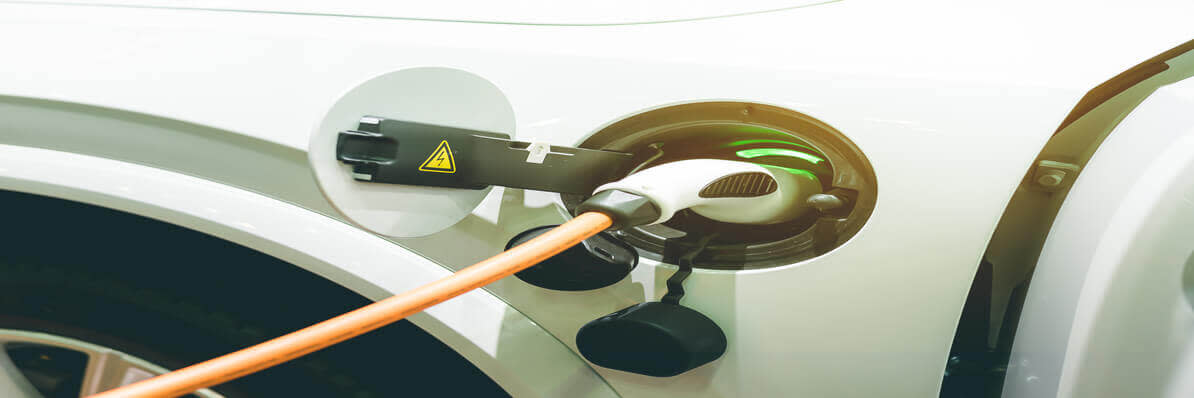Power ups for electric vehicles
Power-ups on the roads are, for me, something that I only expect to see when playing racing games on my PC, but soon they may become commonplace across our roads.
With the push to make electric cars more popular (see our articles on Self-driving lorries or autonomous deliveries) many are worried that, even though Shell and BP pledge to create more, there are not enough charging points across the UK.
Working in a way similar to mobile phones chargers, there is a plan to implant an electromagnetic transmitter into the road that would induce a voltage into the electric car as it passed over it. This current would reach voltages akin to 20 Kilowatts (KW) when cars are driving at 75 mph – an average amount of energy used when cruising.
Qualcomm have been testing a 100 meter stretch of road outside Paris, while Isbali-based start-up ElectRoad has also been testing on at 80-foot track. Meanwhile, Highways England has spent over £200,000 investigating how practical installation of the charging system would be. They are all looking at the 7 mile stretch of road in South Korea that is already in use by electric busses.
This new technology will change the design and requirements inside a car also; they can replace the large electronic battery with a smaller one and place a voltage plate underneath. This will make the cars smaller, lighter and potentially cheaper. In theory, with unlimited recharging along roads, electric batteries – and vehicles – could run forever.
There are concerns that the roads won’t be able to be maintained, as while our basic asphalt and concrete roads may get away with a little bit of disrepair, these new electric roads would need constant upkeep and it’s unclear who would pay for that as of yet.
There are also concerns over what would happen if you were stuck in congestion and your battery keeps getting ‘charged’ when it is already full. However, tests have included the ability to limit charge to 5KW.
